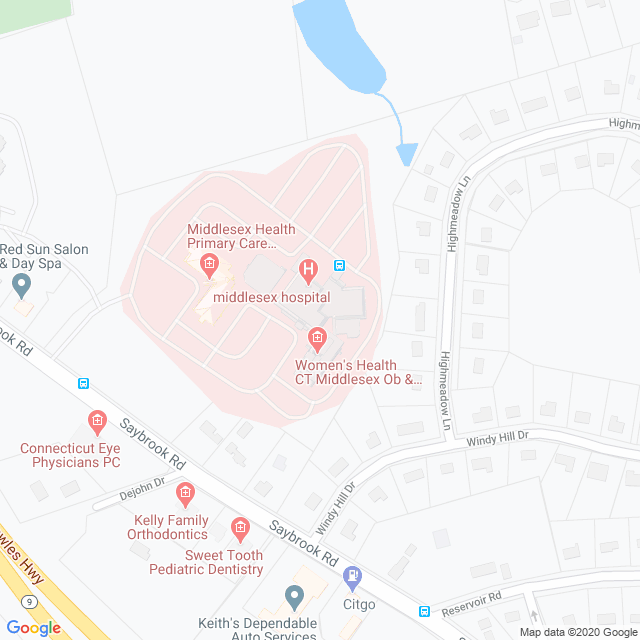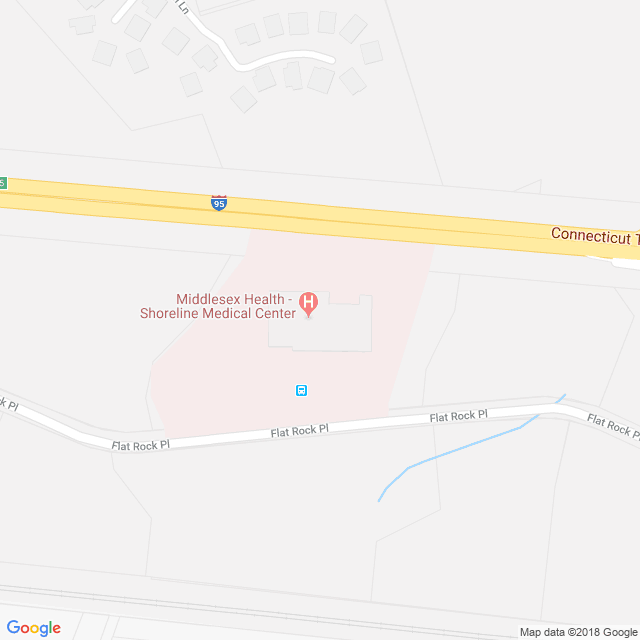
Esophageal Cancer

Or, if you're not sure what you're looking for, you can:
Browse Specialists
Browse Primary Care
Or, if you're not sure what you're looking for, you can:
Browse All Conditions & Care Services


Esophageal cancer is a complicated disease and treating it requires the expertise of providers from many specialties and an all-inclusive plan that focuses on caring for the whole patient. The multidisciplinary team at Middlesex Health includes medical oncologists, radiation oncologists, thoracic surgeons, pathologists, and gastroenterologists.
This team thoroughly reviews each case and provides a personalized treatment plan for each patient. Once a treatment plan is finalized, all services can be delivered within the Middlesex Health network, which allows for improved communication and collaboration.
Esophageal cancer occurs when cells in the esophagus develop changes (mutations) in their DNA. The changes make cells grow and divide out of control. The accumulating abnormal cells form a tumor in the esophagus that can grow to invade nearby structures and spread to other parts of the body.
Symptoms of esophageal cancer may include:
If you are having any of these symptoms, it is important to speak to your physician.
Early detection of cancer can be key to successful treatment, so it is important to understand what increases your risk of esophageal cancer. Risk factors can include:
There are several different types of tests for endometrial cancer.
The evidence-based treatment plan your doctor chooses is based on a number of factors: type of cancer, grade and stage of the cancer, your overall health, and your treatment preferences.
Surgery can be used to treat esophageal cancer alone or with other therapies, like chemotherapy and radiation. If your tumors are small, it may be possible for the surgeon to remove them and the surrounding tissue using an endoscope.
Additional surgical options include:
Chemotherapy for gynecologic cancers involves the use of medications to shrink or kill cancerous cells. These medications may be taken intravenously (IV) or as pills.
The board-certified medical oncologists, nurses, and technicians at Connecticut Oncology Group provide the most effective, advanced care with warm, personal attention and support for patients and their families. Your medical oncology team will work closely with your other providers and help provide access to clinical trials.
Radiation oncology is the highly-controlled use of radiation to cure or treat symptoms of your cancer.
Learn more about radiation therapy options at Middlesex
2 Specialty Care Locations

